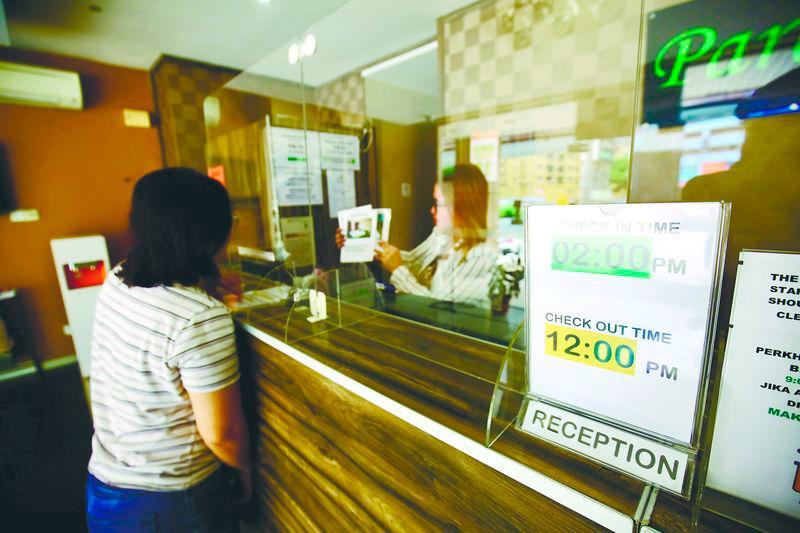PETALING JAYA: It seems like the Malaysian tourism industry is shooting itself in the foot.
About 100,000 Malaysians left for Southern Thailand during the long weekend in conjunction with Malaysia Day on Sept 16 instead of holidaying within the country. This contributed THB1 billion (RM127 million) to its economy.
Netizens are now complaining that changes in Malaysian hotel check-in and check-out times are prompting more of them to travel abroad for holidays.
UiTM Faculty of Tourism and Hotel Management senior lecturer Prof Dr Mohd Hafiz Hanafiah said the standard check-in is usually between 2pm and 3pm, while check-out is at 12pm.
However, netizens on X and TikTok have voiced concerns about hotels changing check-in times to 4pm, and bringing forward check-out times to 11am.
Mohd Hafiz said such inconvenient policies can significantly impact overall satisfaction, which means potential guests may skip Malaysian hotels and opt instead for short trips abroad.
“As it is, our tourism industry faces challenges through increased competition from neighbouring countries that provide a more seamless experience for travellers.
“If hotels continue annoying local guests with their inflexible check-in and check-out policies, more of them may decide to holiday abroad for convenience, causing Malaysia to lose out even more.”
He said travellers might also feel they are getting better value for their money at alternative destinations abroad, where they can enjoy comparable or better services at a lower cost, thus choosing them over Malaysian options.
Mohd Hafiz pointed out that check-in and check-out times are not regulated by the Innkeeper’s Law or the Tourism Industry Act 1992, but are set by each hotel’s internal policy.
He said although some hotels accommodate early check-in or late check-out requests, policy inconsistency across establishments can lead to frustration, particularly when such options are not guaranteed or clearly stated.
“During the pandemic, hoteliers lowered their operating costs by having minimal staff and they have continued using this ‘contingency business model’ even in the post-pandemic period.
“Housekeeping is often viewed as a dirty, dangerous and difficult job, which discourages locals from taking up such positions. As a result, staff shortage has persisted, impacting the quality of services most hotels provide.”
Mohd Hafiz said if this situation persists, it could also deter foreign tourists from visiting Malaysia as negative experiences tend to go viral, potentially affecting the tourism industry.
However, Malaysian Association of Hotels (MAH) president Datin Christina Toh said the timings are defined when guests book their rooms.
“If guests are satisfied with the conditions, they can proceed with their bookings, otherwise, they can look for alternative accommodations.”
She said peak seasons, large group bookings, staffing challenges and unexpected absences can lead to adjustments in check-in and check-out timings.
“Since there are no regulations mandating specific check-in and check-out times, I urge guests to appreciate the operational needs of the industry.”
Toh also denied that the timings were revised to maximise profits and said they helped to ensure rooms were properly cleaned and prepared for the next guests.
“The main goal is to provide a smooth and comfortable experience while managing logistical demands.”
She stressed that MAH is aware that guests may perceive the new timings as unfair without fully understanding the housekeeping and room preparation processes.
To address this, she said hotels strive to be transparent, communicate timing policies upfront and offer compensation if delays occur.
“Most hotels work hard to ensure a positive experience. The priority is guest satisfaction. Timing adjustments are usually due to high occupancy or the need for thorough cleaning to ensure quality and safety, not to cause inconvenience.”









